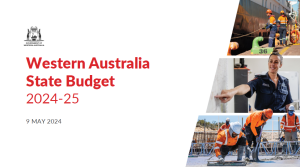WACOSS welcomes the opportunity to make a submission to the Ministerial Expert Committee on Electoral Reform regarding how electoral equality might be achieved for all citizens entitled to vote for the Legislative Council, and on the distribution of preferences in the Legislative Council’s proportional representation system.
Recommendations
- Implement a one-vote, one-value principal for electing the Legislative Council;
- Abolish group voting tickets;
- Introduce optional preferential voting above the line with voters instructed to complete at least six preferences, and semi-optional preferential voting below the line, where voters are instructed to complete at least 12 preferences;
- Include savings provisions to recognise a vote as formal where there is at least one valid first preference above the line or six valid preferences below the line.
Electoral Equality
For a representative democracy to be trusted, healthy, functioning and vibrant, it is critical that the will of the electors is clearly and accurately reflected in the composition of their parliament. As such, WACOSS strongly supports the principal of ‘one vote, one value’ and considers it imperative that reforms be introduced for this to underpin our state’s electoral system for the Legislative Council.
While this principal has been implemented in Western Australia’s Legislative Assembly since 2005, the Legislative Council has continued to be significantly malapportioned. Though WACOSS firmly believes that the interests of regional communities in our state must be taken into account and that these communities should be able to meaningfully participate in decision-making about their lives and local areas, we do not consider the current malapportioned system to be a fair or reasonable method for achieving this outcome.
Even if, in fact, the justification for the present system is taken to be enhanced representation for regional electors, it is a demonstrable failure by creating significant voting weight inequity amongst regional areas. As noted in the Expert Committee’s Discussion Paper, due to changes in population size, the voting weight of electors in the Mining and Pastoral now far outstrips even that of voters in the Agricultural region and particularly those in the South-West. There is no clear or persuasive rationale, on democratic grounds or otherwise, as to why the voting weight of electors in that region should be so drastically greater than that of electors in any other region, be they metropolitan or non-metropolitan.
A whole-of-state electorate model is unquestionably the method that best achieves absolute parity in voting weight between electors. WACOSS recognises, however, that for a state as geographically vast as Western Australia, a region-based system may be preferred in order to better ensure regional voices are represented in the Legislative Council. Though a region-based system does not necessarily require that candidates live locally within the region they wish to represent, political parties may be more inclined to pre-select candidates from those regions.
Should a region-based system be maintained in some form, it is critical that the Western Australian Electoral Commission is able to adjust them in whatever form is necessary to ensure as close to ‘one-vote, one value’ is achieved as possible, including merging, abolishing or creating new regions as required. The boundaries and existence of regions must be principally defined by maintaining comparable population sizes, in order for every elector’s vote to be of as close to equal weight as can be achieved in a region-based system.
WACOSS notes that defining electoral regions on grounds that include land usage patterns as in the current legislation is an anachronistic absurdity that does not properly reflect the importance of the Legislative Council as representative of the people of Western Australia, rather than the industries that may happen to dominate in their area at any point in time.
Distribution of Preferences
WACOSS strongly recommends the abolition of group voting tickets in Western Australia. The 2021 WA State Election readily made apparent the perverse outcomes that can be generated by the group voting tickets system, whereby candidates are elected to represent regions only as the result of byzantine preference deals to which most electors are oblivious.
Group voting tickets place the power of preferencing very much in the hands of political parties and those able to game preference arrangements, taking it away from electors. The barrier for electors to be able to properly scrutinise the various published distributions of preferences is significant, meaning that the vast majority who vote above the line are not informed about where their preferences may end up, with that final recipient not one they would have necessarily chosen themselves. Political parties regularly enter into preference arrangements that will result the best electoral outcome for themselves rather than based on any kind of shared policies or ideologies.
This is an inevitability of the group voting ticket system, but means that an elector who has voted above the line may find that they have granted a higher preference than they would have otherwise to a party that is diametrically opposed to their beliefs and views. The composition of a Legislative Council that this results in cannot be accurately said to reflect the will of the Western Australian public.
While voters are able to vote below the line in order to direct their preferences, this itself presents substantial barriers for electors, with the necessity to correctly number what can be a very high number of candidates on their ballot papers in order to cast a formal vote. As a result, even when voters do opt to take control of their preferences, the risk of casting an informal vote by doing so is significantly higher.
It is the considered opinion of WACOSS that reform should be made to the voting system for the Legislative Council that follow those made in 2016 to that of the Australian Senate. WACOSS commends the Electoral Amendment (Ticket Voting and Associate Reforms) Bill 2019 as introduced by the then Hon. Alison Xamon MLC as a good example for how this could be implement in a Western Australian context. [1]
Along with the abolishment of group voting tickets, this would also involve the introduction of optional preferential voting above the line with voters instructed to complete at least six preferences, and semi-optional preferential voting below the line, where voters are instructed to complete at least 12 preferences.
Similar savings provisions should also be included to recognise a vote as formal where there is at least one valid first preference above the line or six valid preferences below the line.
Conclusion
WACOSS considers that the enactment of the recommendations made in this submission would be an important step in ensuring the democratic will of the Western Australian public is reflected in the composition of the entirety of our State Parliament. Though outside the terms of reference for this Expert Panel, further reform is also necessary to constrain the capacity of private business and high-wealth individuals to influence political parties through sizeable donations. Reform of this nature is also required in order to improve the health and functioning of parliamentary democracy in WA.
[1] 1 Electoral Amendment (Ticket Voting and Associate Reforms) Bill 2019




